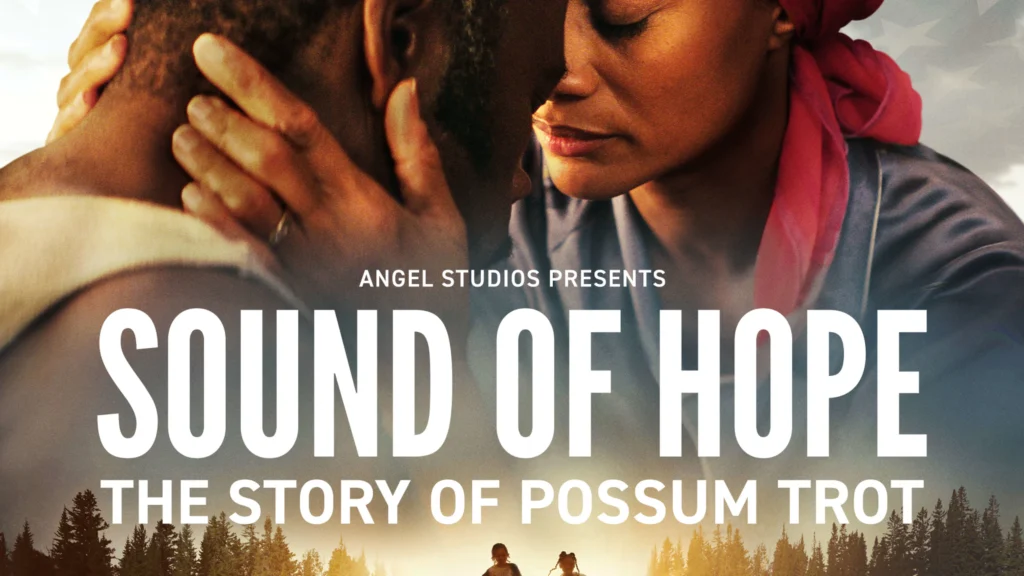Posted by: DCCH Center
June 29, 2024

Journaling for Emotional Balance
Journaling can benefit your mental health, including reducing stress, improving mood, and boosting creativity. Journaling doesn’t have just to be you writing down your thoughts and feelings, even though that can help you process events.
What is the Purpose of Journaling?
Goal Setting
Journaling can help you achieve your goals by tracking them and the steps you need to take to accomplish them. It can also help you gain insight into your motivations, reflect on your progress, and adjust as needed.
Stress Management
Journaling can help reduce anxiety and distress and increase overall well-being. It’s a simple and enjoyable technique that can be done anywhere.
Self-discovery
Journaling is a therapeutic practice that allows you to process difficult emotions, release stress, gain clarity, and work through life challenges. It can help you gain a deeper understanding of yourself and your emotions, which can help you become more self-aware and manage your emotions more effectively.
Emotional Intelligence
Journaling can help children work through their thoughts and emotions and better recognize and accept them. It allows them to discuss difficult things without embarrassment, advice, or recrimination.
Gratitude
Journaling can be a way to practice gratitude, which positively affects mental health and is linked to positive emotions such as happiness. Gratitude journaling involves keeping a diary of things you are grateful for daily.
Memory
Journaling can help you enhance your memory by tracking and recording events throughout your day. It’s like note-taking to study and remember facts.
Types of Journaling
Gratitude Journaling
Writing down things you’re grateful for daily can improve your mood and well-being.
Be Specific
Instead of just writing, “I’m grateful for my dog,” you can be more specific and write, “I’m grateful for my dog because she greets me when I come home, making me feel like I matter.”
Focus on People
Some say that focusing on people you’re grateful for can have more impact than focusing on things. For example, you could write about when someone showed you kindness or how a loved one made you feel grateful.
Feel Your Emotions
Try to feel the emotions that come up as you write. This can help you savor what you’re writing about and make gratitude journaling something you look forward to.
Reflective Journaling
Recording your feelings about something as they happen can help boost your mental health.
- Write about what you are learning at school or in college.
- Write about someone who has experienced a positive change and how you can learn from their situation.
- Write about what you want out of the next five years of your life and what you can do to achieve these goals.
Bullet Journaling
Bullet journaling involves goal planning, organization, and visual imagery.
- Be creative and artistic. This journal is about tracking and goal setting.
- Track your water intake. Have you done any of your hobbies? How much sleep did you get? Did you exercise today? How was your mood?
Stream of Consciousness
Writing whatever comes to mind, such as a feeling of anxiety or depression, can be helpful.
Dream Journaling
Keeping a dream journal can offer introspective benefits. It involves recording dreams after waking up while they are still fresh in your mind. It can help you capture your thoughts, emotions, and images from this state of mind.
Journaling Prompts
You can use prompts to explore deeper thoughts and feelings, set goals, and monitor your progress. Reviewing your entries over time can help you identify patterns and growth.
- What was your favorite part of your day?
- What was the worst part of your day?
- Write down five things that made your day better.
- Was today hard? What did you do today?
- What are your coping skills?
- Did you use a coping skill? Why?
Conclusion
Journaling doesn’t have to be hard. All it takes is 5 minutes a day to do any of these journals, and it doesn’t have to be boring. Journaling is an excellent way to process your emotions and feelings in a safe way. You can follow a prompt, start with gratitude, or just let your mind wander and write down what you feel. Let your journal hold your hopes, fears, ideas, dreams, and more. There is no “right” way to do it! So, start today by making the change to heal your heart and reach your goals.
From a Heart Healer
Resources
Recent Posts

March 24, 2025
Click here for uplifting stories, the latest in DCCH news, and how you can help! Click Here to read the Read more...

December 11, 2024
Fort Mitchell Neighbors Hilights the Pajk Family
In April 2024, after over 1,300 days of fostering, the Pajk family officially adopted Layla, LaSya, and La'King with 71 Read more...

September 18, 2024
Possum Trot Inspiration- An Adoption Story
"Sound of Hope, the Story of Possum Trot" is an inspirational story in which a pastor and his wife in Read more...